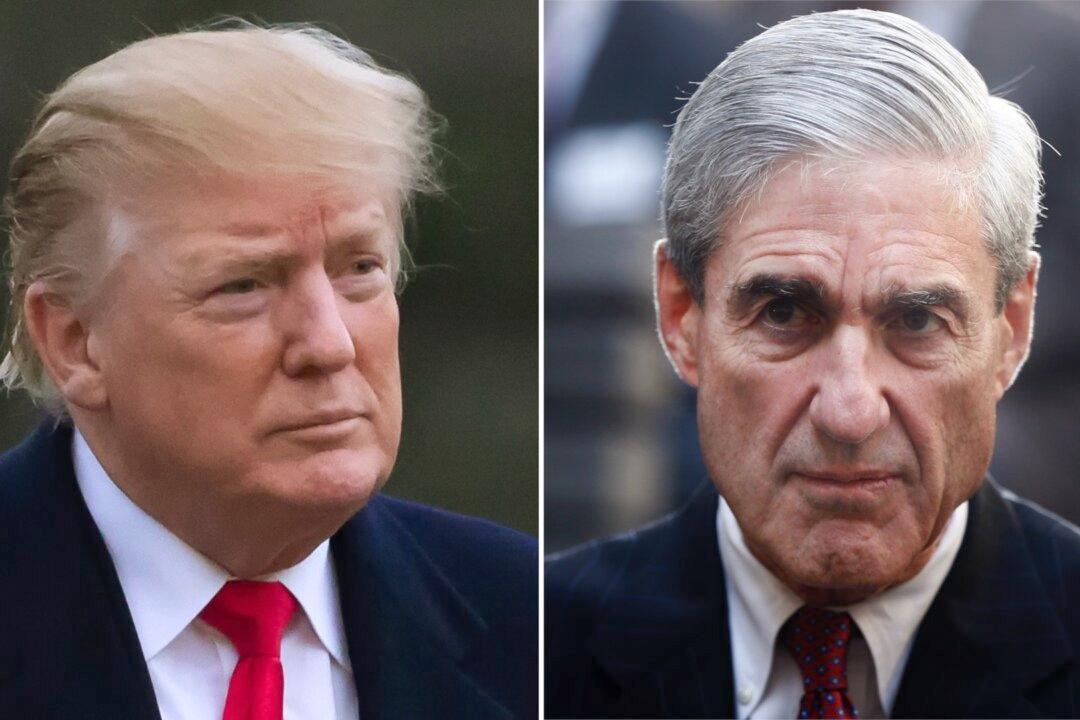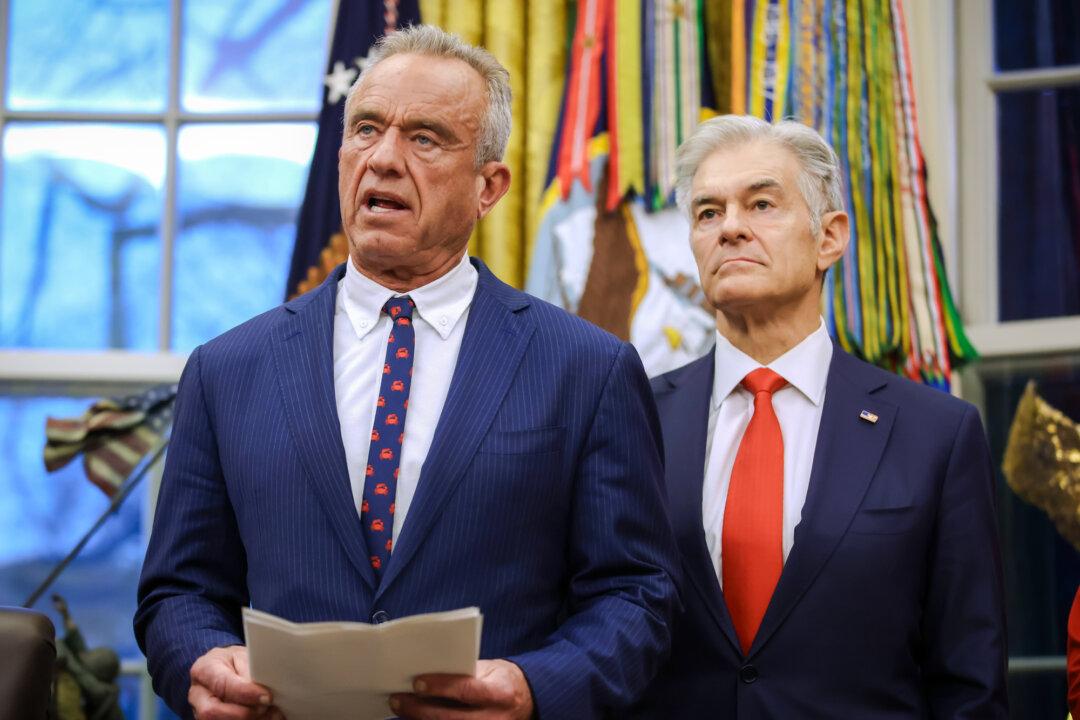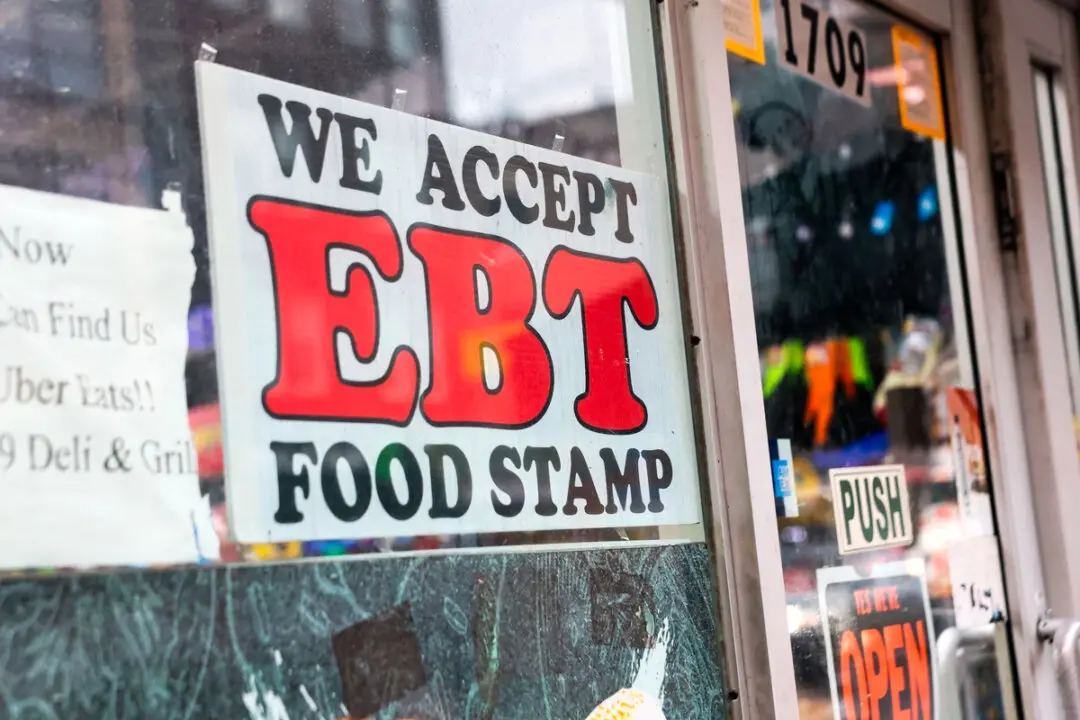President Donald Trump wanted to fire special counsel Robert Mueller after Mueller was appointed to run the investigation into Russian interference into the 2016 election and possible collusion with Trump’s campaign, according to Mueller’s report.
The report was published with redactions on April 18.





